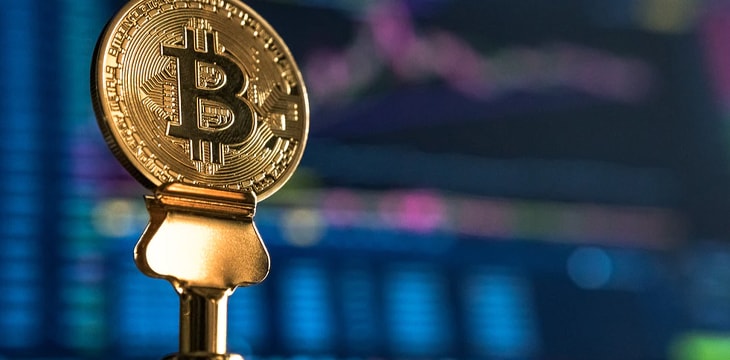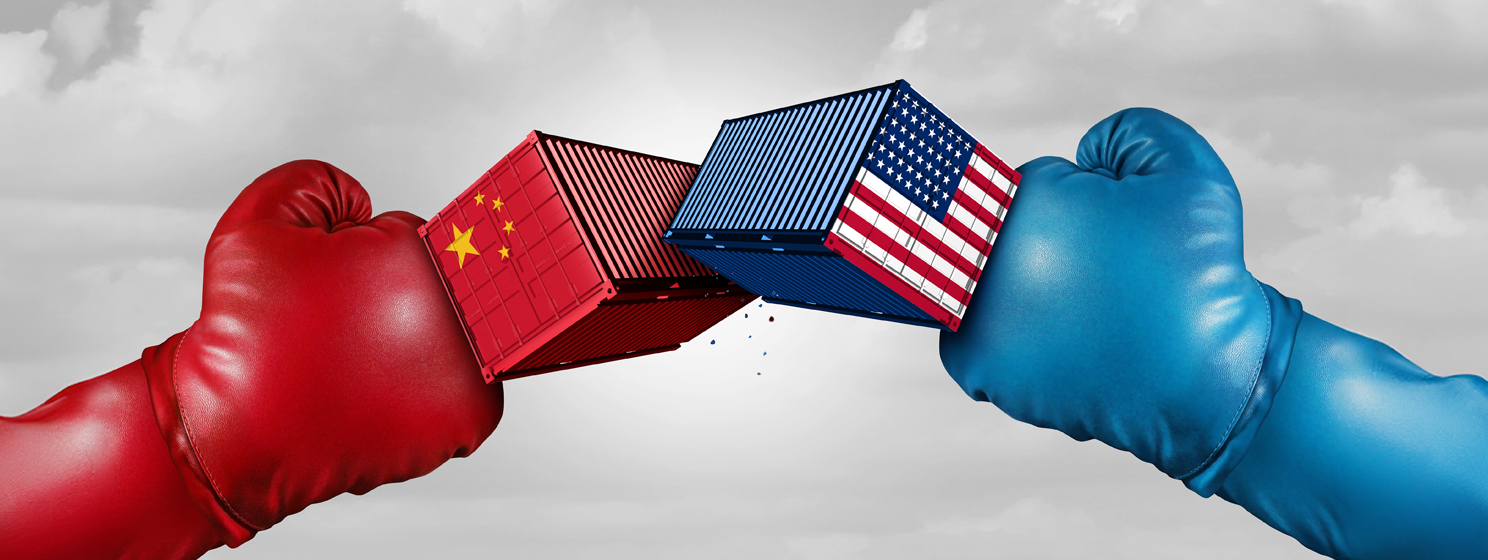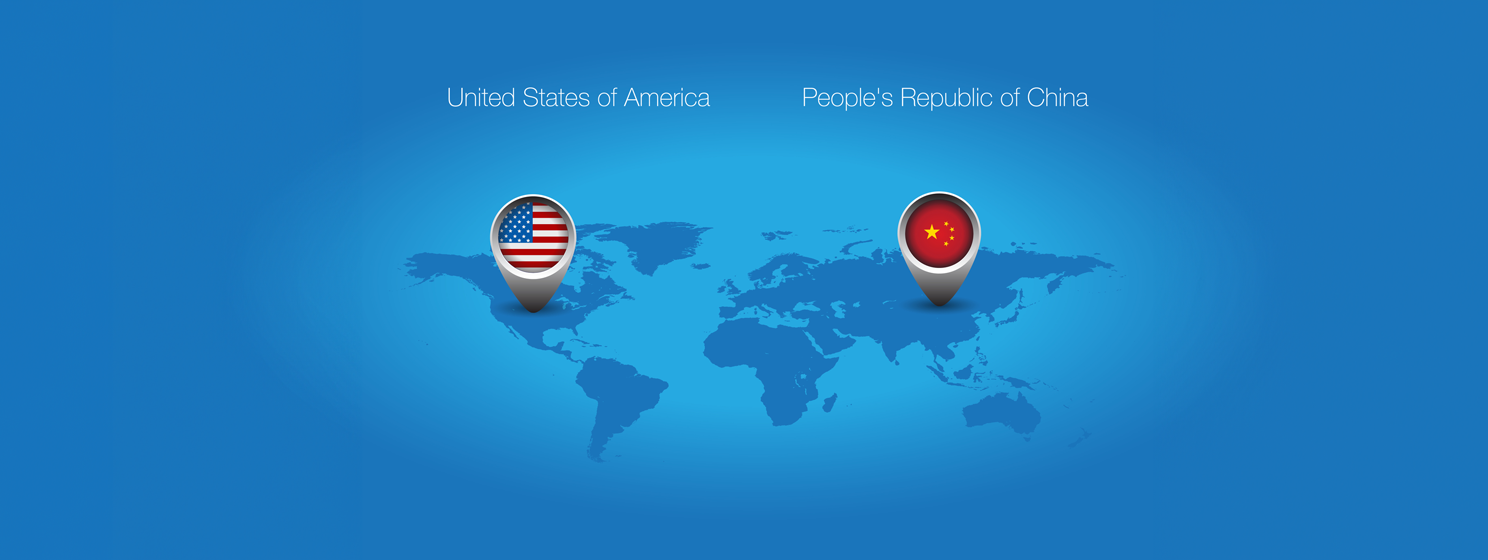|
Getting your Trinity Audio player ready...
|
G20 nations could begin accepting digital currency payments before the end of 2020, a new report has revealed. In a recent summit, officials from these nations agreed to foster digital currency payments and start laying the groundwork by the end of the year.
The G20 has traditionally dismissed digital currencies, claiming that they were not significant enough to affect the global financial system. However, in recent years, the digital currency industry has grown astronomically. This has led to a change of stance by the forum which is now progressively warming up to digital currencies.
In its most recent summit, the forum has made a huge leap in this regard, pledging to fully support digital currency payments. As per a report by Japanese outlet Kyodo News, the forum is seeking to foster the industry by laying the groundwork for its citizens to accept digital currency payments.
The outlet further claims that these changes will begin by October when the G20’s finance ministers meet in Washington. This meeting will come a month before the G20 summit in Riyadh, Saudi Arabia.
Facebook’s Libra pursuit was one of the key drivers of the change in attitude towards digital currencies, the outlet claims. Though ill-fated, the social media giant’s digital currency attempts proved that the world is ready for digital payments. Just like with the U.S. Federal Reserve, the People’s Bank of China and many other central banks, Libra served as a wake-up call for the G20 nations.
The forum also attributed its attitude shift to China’s progress with its central bank digital currency (CBDC) project. China has been developing its digital yuan for years now, also spurred by the initial traction that Libra got. The Asian giant has laid down the infrastructure for the distribution of the CBDC, partnering with banks, payment companies and retail firms.
If G20 nations implement enabling regulations for digital currencies payments, it could be the biggest step yet towards global adoptions. The 19 countries—plus the European Union—account for 90% of the gross world product and two-thirds of the world’s population.

 02-13-2026
02-13-2026 




